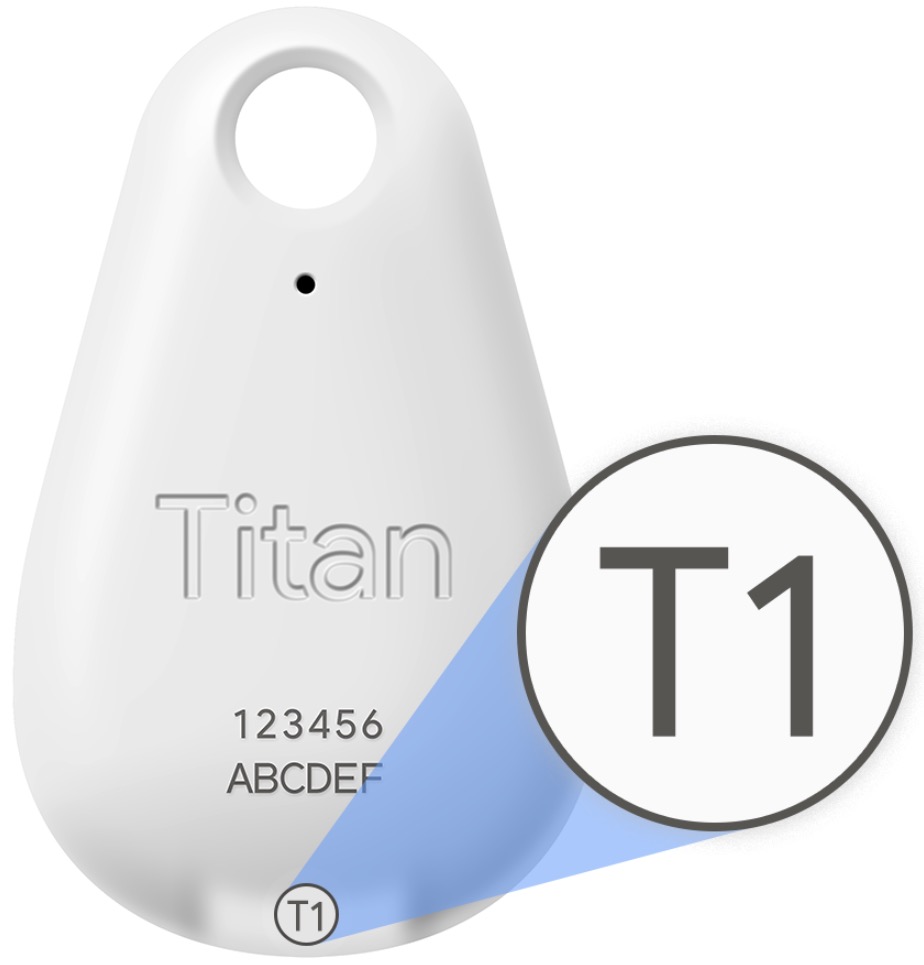
There has not been a successful phishing attack against their 85,000+ employees since requiring use of physical security keys.

With authentication using FIDO protocols, the authenticator provides cryptographic proof that the user is interacting with the legitimate service, even if the authenticator’s responses is captured in transit, it cannot be successfully replayed by malicious actors to impersonate the user. With the prevalence of cloud-based services, both among consumers and within enterprises, usernames and passwords are frequently the only thing stopping malicious actors from compromising data.

On Twitter, Facebook, Google News, and Instagram.From Google’s perspective, defending against phishing is the key to securing employees’ and customers’ accounts. Google Cloud admins would also be able to enable security key enforcement in G Suite, Cloud Identity and Google Cloud Platform to ensure that users use security keys for their accounts.įollow HT Tech for the latest tech news and reviews, also keep up with us The "Security Keys" are also compatible with the "Advanced Protection Programme", which is Google's strongest security for users at high risk. "Titan Security Keys" have extra "special sauce" from Google-firmware that's embedded in a hardware chip within the key that helps to verify that the key hasn't been tampered with and it works with popular browsers including Chrome and a growing ecosystem of services including Gmail, Facebook, Twitter, Dropbox and more. "Google's automated defences securely block the overwhelming majority of sign-in attempts even if an attacker has your user name or password, but we always recommend you enable two-step verification (2SV) to further protect your online accounts," Srinivas added. The "Security Keys" are available first in the US, followed by other regions. "For those who want the strongest account protection, we've long advocated the use of security keys for 2 step verification," Sam Srinivas, Director of Product Management, Google Cloud wrote in a blog post.


 0 kommentar(er)
0 kommentar(er)
